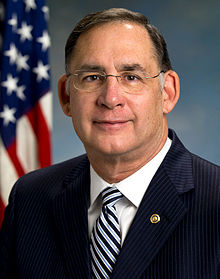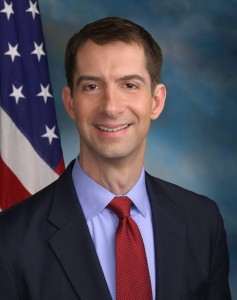Ministers Blessing Murder
 In January the Washington Post ran a story in its Acts of Faith section titled, “Clergy gather to bless one of the only U.S. clinics performing late-term abortions.”
In January the Washington Post ran a story in its Acts of Faith section titled, “Clergy gather to bless one of the only U.S. clinics performing late-term abortions.”
The story highlights three ordained ministers and one retired rabbi who gathered at an infamous abortion clinic in Bethesda, Maryland to pray for the clinic and its staff.
Rev. Carlton Veazey prayed for the facility’s abortionists, saying, “may they always know that all that they do is for Thy glory.”
If that makes you sick, you aren’t alone. Nobody should say that taking the life of an unborn child glorifies God.
John Stonestreet at the Colson Center for Christian Worldview recently called these minister out, writing,
They’re not ministers of the Father of our Lord Jesus Christ. They’ve chosen to become priests and priestesses of Molech. They have rejected the Lord of Life who commands “let the little children come to me,” and instead offer the blood of slaughtered babies to the Father of Lies. Their ritual is child sacrifice, communion with death.
The Washington Post article tries to paint abortion as something morally ambiguous over which Christians are divided. But as we have written before, Christians have opposed abortion since the first century A.D.
Right now thousands of ministers and pro-life Christians are preparing to pray at abortion clinics all across the country, but they’re going to pray a very different kind of prayer from the one offered in Maryland last January.
They won’t be praying God’s blessings over abortion. They are going to pray that God would end abortion in America. They are going to pray that abortionists would turn to Christ and stop performing abortions. They are going to pray that abortion clinics would shut down and that pregnant mothers would choose life.
These prayer meetings are part of the upcoming 40 Days for Life effort. If you would like to know more about how you can pray against abortion, go to www.40DaysForLife.com.


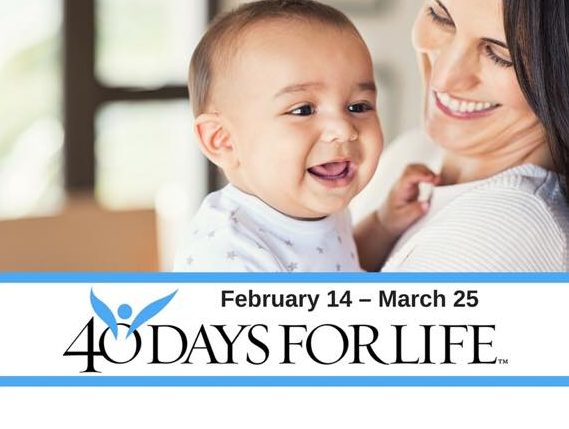
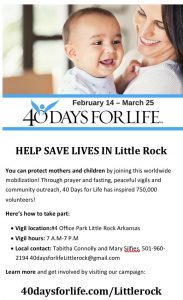 Each spring and fall pro-life Americans gather for prayer vigils outside abortion clinics across the country as part of 40 Days for Life.
Each spring and fall pro-life Americans gather for prayer vigils outside abortion clinics across the country as part of 40 Days for Life.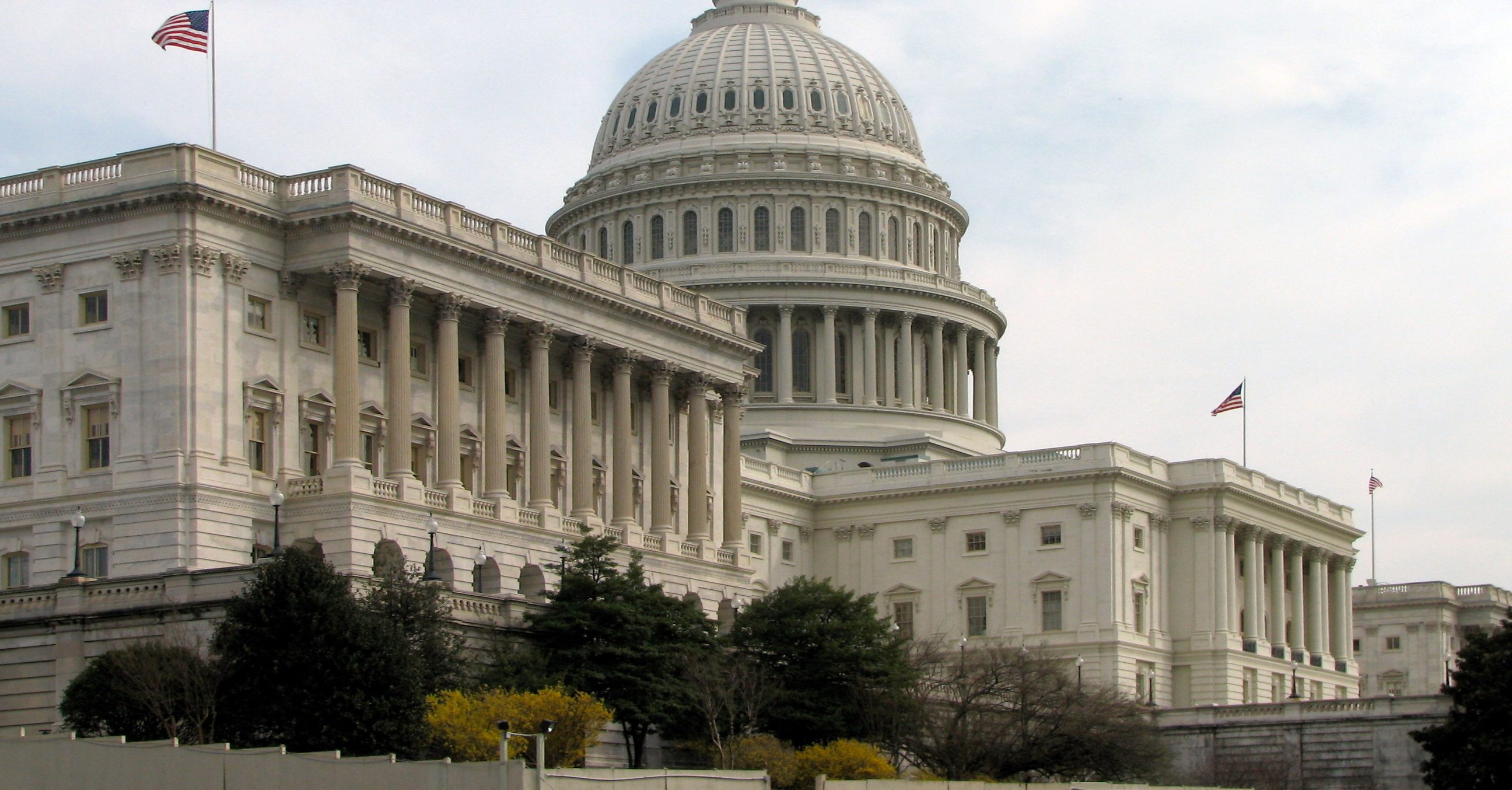
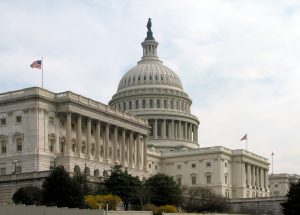 Yesterday the U.S. Senate failed to pass a bill banning most abortions after the fifth month of pregnancy.
Yesterday the U.S. Senate failed to pass a bill banning most abortions after the fifth month of pregnancy.